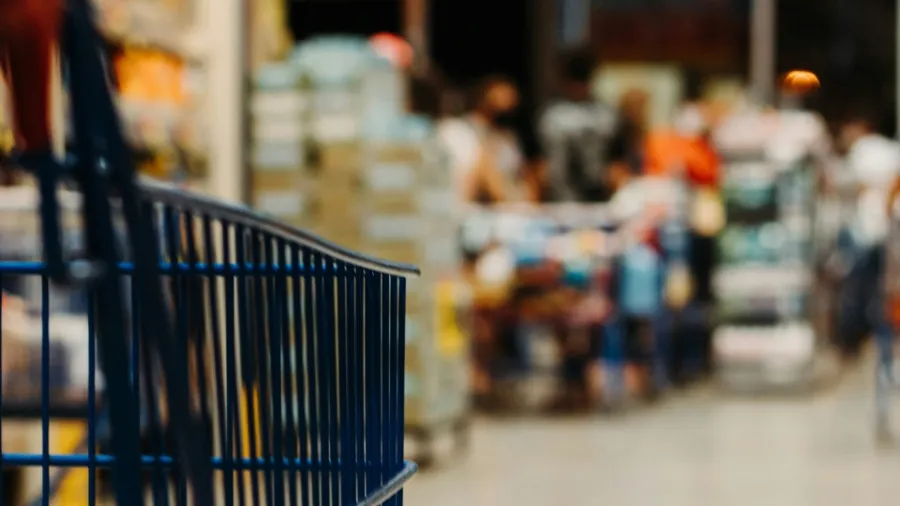
How disruptive technologies will redefine consumer goods value chain
Various innovations are expected to redefine production, consumption, and interaction with goods.
Disruptive technologies is set to revolutionise the consumer goods industry over the next decade.
According to GlobalData, innovations such as automated farms, robotic retail, and AI-driven solutions are expected to redefine the production, consumption, and interaction with goods.
The “The Future of Consumer," forecasts that the precision agriculture market will expand significantly by 2035, and plant-based meat substitutes will grow from under $10b in 2023 to over $22b. Revenue from service robots is projected to exceed $170b by 2030, more than triple the 2020 figure.
Aoife McGurk, Associate Thematic Intelligence Analyst at GlobalData, explained that advancements in agricultural technology are critical due to declining agricultural land and labor. She highlights vertical farming, supported by AI and IoT, as a key solution for increased efficiency.
Other innovative approaches, such as laser pest control and bee-delivered agrochemicals, are expected to make precision agriculture more accessible, particularly for smallholder farmers.
The report also emphasises a growing trend towards meat-free proteins, driven by heightened climate awareness. Companies like The Better Meat Co. and Redefine Meat are advancing with technologies such as 3D printing and mycoprotein fermentation. AI will also help reduce food waste.
In the retail and ecommerce sectors, super-apps are emerging as a major innovation. These apps, which consolidate multiple services into a single platform, are particularly promising for emerging markets.
Hugo Shapero, Associate Thematic Intelligence Analyst, pointed out that super-apps, powered by AI, will significantly impact ecommerce and mobile computing, with the Middle East and Africa being key regions for growth.

















 Advertise
Advertise






